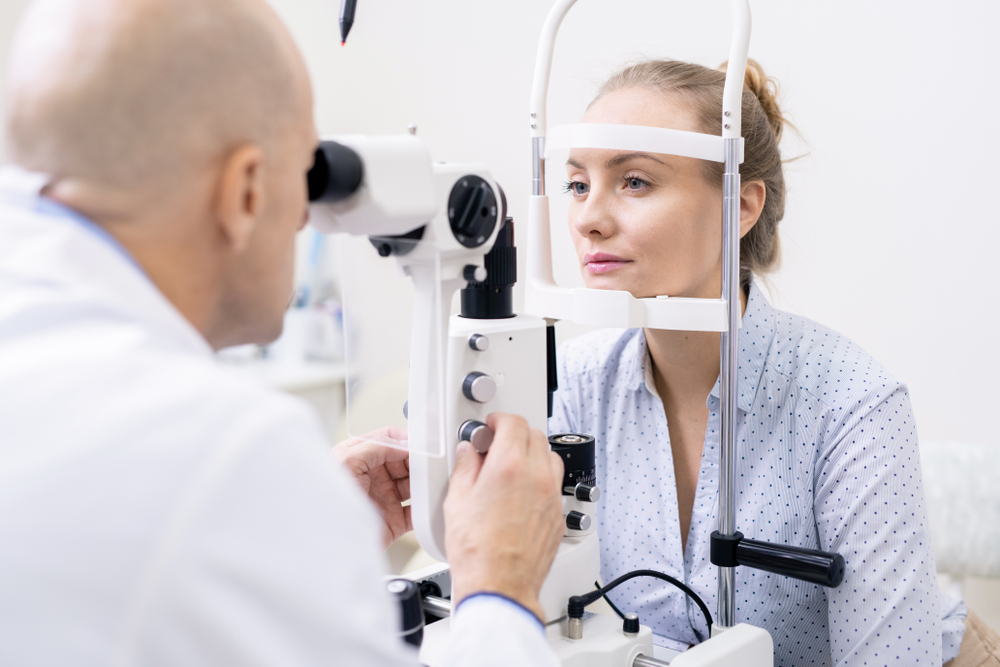
Your eyes are vital to connecting with the world and the people you know while also helping you avoid accidents. However, your eyes are also susceptible to various diseases and conditions. Regular eye exams are essential to preventing and detecting eye problems early. They ensure you receive timely treatment to prevent further damage. Hence, understanding the importance of regular eye exams is vital.
What are Eye Exams?
Eye exams are comprehensive evaluations conducted by qualified eye doctors or ophthalmologists to assess your vision and overall eye health. These exams include several tests to determine your visual acuity.
They also entail testing eye muscle function, eye pressure, and peripheral vision. Your eye doctor may conduct additional tests based on your age, medical history, and risk factors. The tests help detect eye diseases like glaucoma, macular degeneration, and cataracts.
Who Needs Regular Eye Exams?
Everyone needs regular eye exams, regardless of age, gender, or medical history. Children should have their first eye exam by six months and another one by age three. They should then have another examination before starting school.
Adults with no risk factors for eye diseases should have a comprehensive eye exam every two years. Those with risk factors like diabetes, high blood pressure, or a family history of eye diseases should have an annual exam.
Why are Eye Exams Important for Preventing Eye Diseases?
Regular eye exams are essential for preventing eye diseases. They allow your eye doctor to detect and diagnose eye problems early before they become severe. Eye diseases like macular degeneration and glaucoma develop slowly. They only cause noticeable symptoms once significant damage occurs. Regular eye exams allow for timely treatment and prevent further vision loss.
What Happens During an Eye Exam?
Your doctor will perform a series of tests. These will help evaluate your vision and overall eye health. The visual acuity test measures how you see at different distances. A refraction test will help determine your prescription for glasses and contact lenses.
Eye muscle function tests will evaluate how well your eyes work together. A peripheral vision test will assess your ability to see objects outside of your central vision. A tonometry test will measure the pressure inside your eyes to detect glaucoma. Your eye doctor will also perform a dilated eye exam. It will allow them to examine the structures in your eyes by using eye drops to dilate your pupils.
What Can You Do to Prepare for an Eye Exam?
Provide your eye doctor with your medical history. It will include any past eye problems or surgeries you may have had. You should also bring a list of medications you are taking because some treatments can affect your vision.
Bring your contact lenses and eyeglasses to the exam. Bring a pair of sunglasses to protect your eyes from the bright light after the exam. Ensure you visit your healthcare provider to get the best outcome from your eye exam.
For more information about preventing eye diseases, visit Montebello Optometry Eye Clinic & Dry Eye Center at our office in Montebello, California. Call (323) 888-9111 to book an appointment today.








